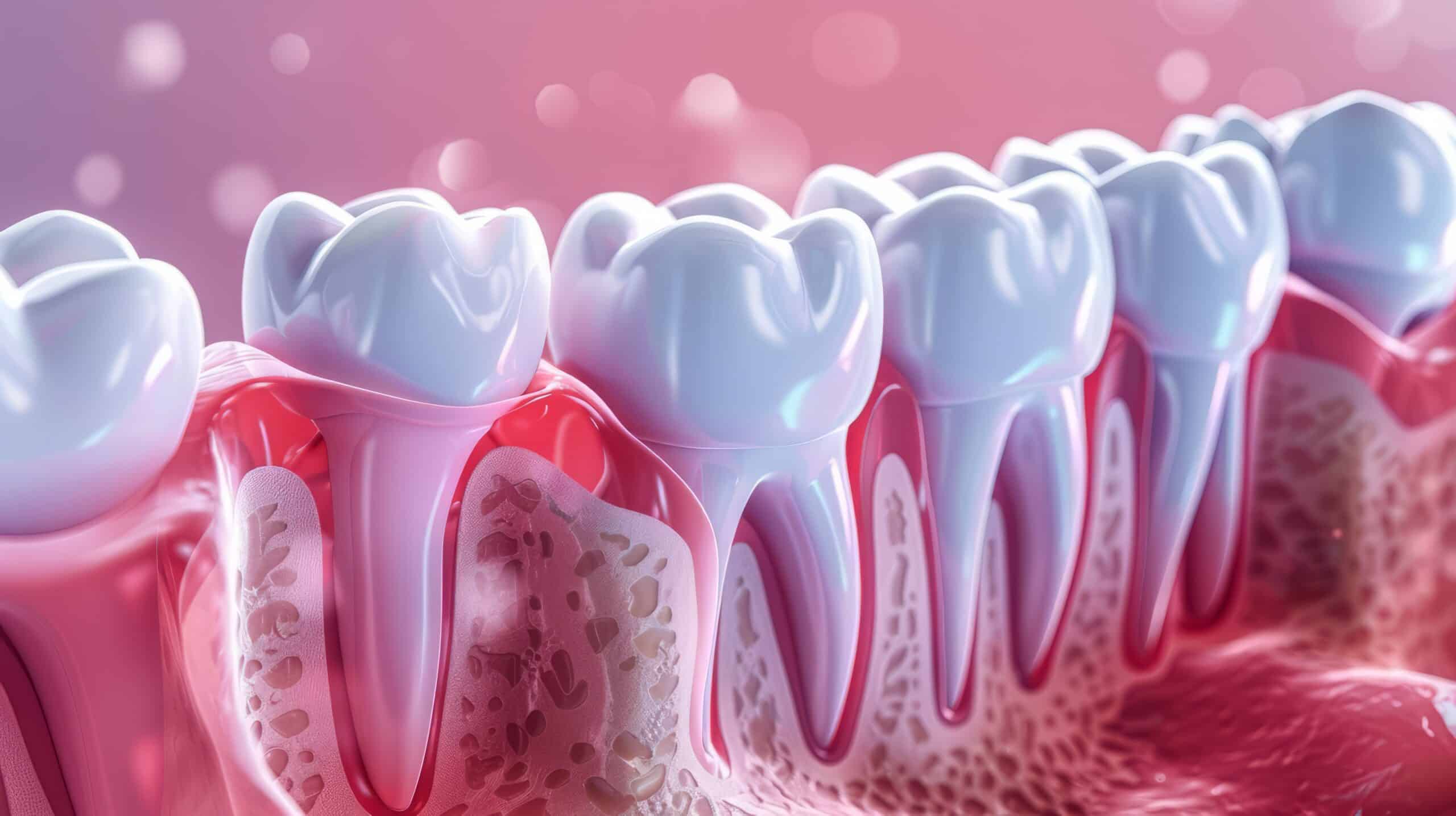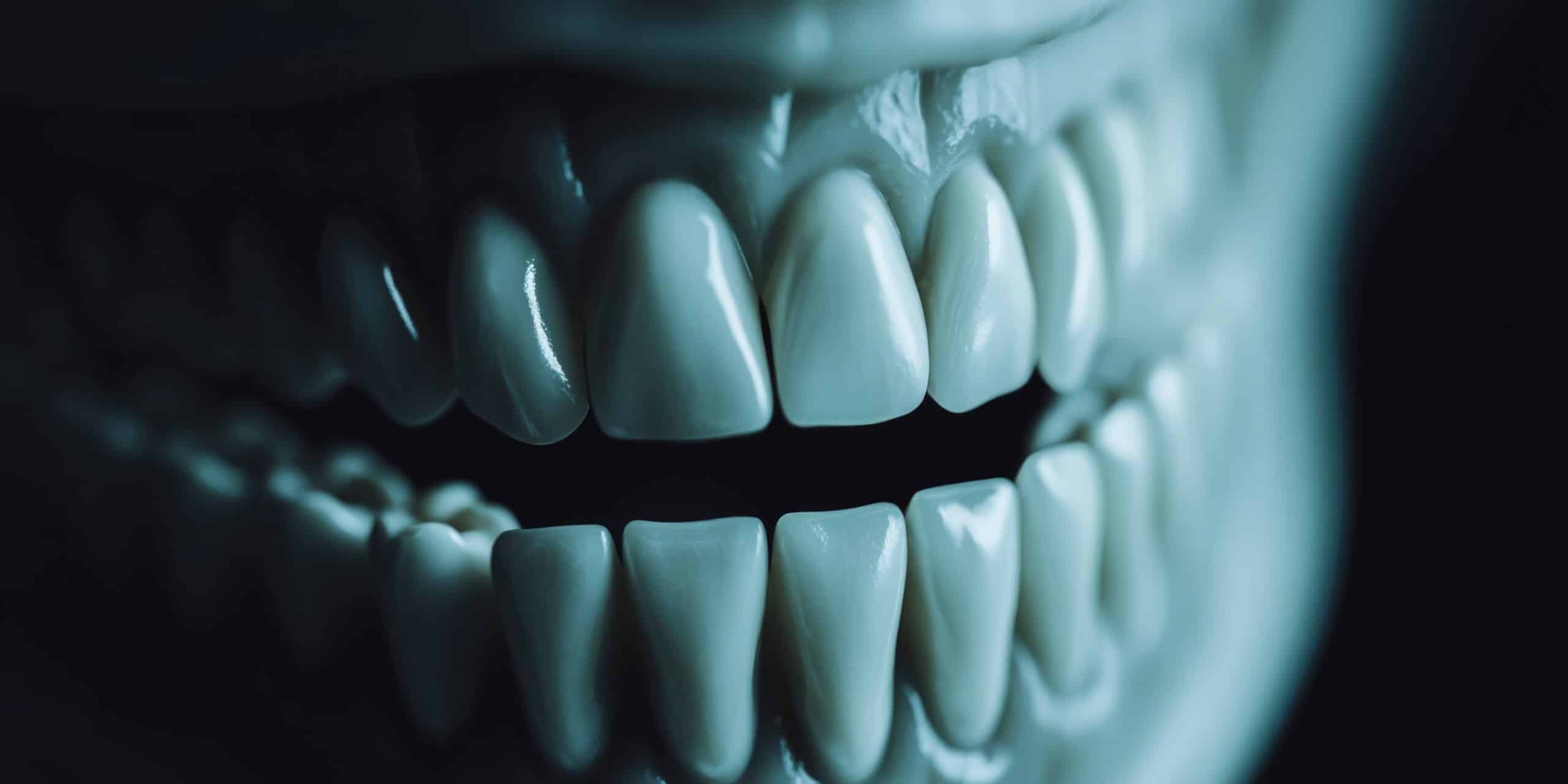The short answer is scaling and root planing can stop tooth loss. However, the benefits of these two procedures depend on how severe your tooth decay and gum disease are. Severe cases may also require surgery and extractions.
What is Scaling and Root Planing?
These are two procedures that are typically done together when those with gum disease, called periodontitits, or other teeth issues go for teeth cleaning.
Scaling is another term for regular, standard teeth cleaning. This is when the hygienist or dentist uses tools to scrape plaque and tartar off the surface of your teeth. For many people, this is the only cleaning they need especially if it is done twice a year as the dentist recommends.
Those who get standard dental cleanings don’t have ongoing teeth, plaque or tartar issues so the regular twice-yearly dental cleaning and exam is sufficient to maintain oral health.
Those who have gingivitis, which is an early stage of periodontitis, receding gums or troublesome plaque and tartar are recommended to have a deep teeth cleaning. This is scaling but also includes root planing.
Root planing is where the hygienist or dentist goes underneath the gumline to remove plaque and tartar from pockets that develop between the gums and teeth. The accumulation of bacteria in these pockets cause the gums to detach from the teeth and recede, causing gum disease.
Cleaning out the pockets and “smoothing” the roots allows the gums to reattach to the teeth preventing gum disease from becoming more severe and allowing the gums to heal.
How Scaling and Root Planing Prevent Tooth Loss
Ongoing problems with gum disease will lead to tooth decay and tooth loss. Gum diseases causes jaw bones to lose their density, lessening the foundation that teeth need to stay strong. Teeth become loose and eventually will fall out. The bacteria in the gums also leads to teeth decay at the roots and painful infections.
Getting a deep teeth cleaning with scaling and root planing cleans away bacteria and prevents the condition from worsening. Getting rid of bacteria protect your teeth, gums, and bone and allows for healing so you can have a healthy mouth.
How Often Is Scaling and Root Planing Done?
The number of deep cleaning sessions you need in a year depends on your mouth’s condition and ongoing dental problems so that is left up to your dentist and hygienist. Many people are encouraged to have these types of cleanings three or four times a year rather than the twice-a-year standard cleaning.
Does a Deep Cleaning Cost More?
A deep teeth cleaning has an additonal fee attached. You will need to verify your co-payment with your insurance or government program to see how it may be affected.
What Can I Expect from Scaling and Root Planing?
A lot of the procedure with the scaling is the same as any other cleaning, although it may take more time to remove all the plaque and tartar from your teeth’s surface. The biggest difference is that you will get a shot of numbing medicine on the gum area they are using the root planing technique on.
The root planing isn’t painful as the area is numbed. However, you may feel your gums and teeth are irritated or sensitive after the local anestesia wears off. Sensitivity can last up to a week. You may have some diet restrictions during that time and may need some over-the-counter pain medication. Your deep teeth cleaning shouldn’t keep you out of work or school. Some take the day of the cleaning off while others return to work or school immediately after their session.
One thing to be aware of is the hygienist or dentist may divide up your deep cleaning sessions into two or even four visits. Some like to do have the mouth in one session and others prefer to work on only one-quarter of the mouth in one session. Each session will take about an hour to complete.
Scaling and root planing is highly routine and an effective way to treat gum disease and other plaque problems. It is cheaper than remedying dental issues after teeth start decaying, becoming loose, or falling out and is much less expensive than treating severe periodontitis issues with surgery or bone grafts.
Those with questions about scaling and planing can contact us. We are happy to answer questions and show you how the procedures work. We can also make an appointment for an exam if you think this may be necessary.









